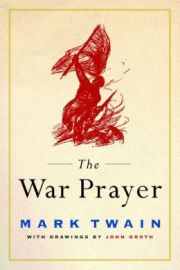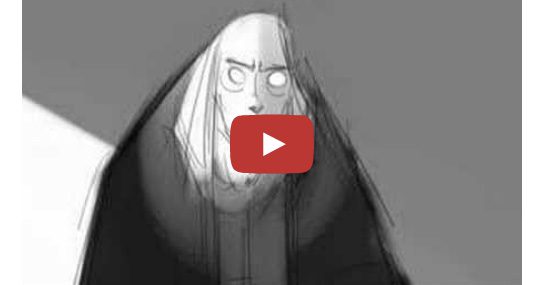 On March 22, 1905, a famous author received a rejection letter from one of the most powerful publishers of the era, calling his latest piece “not quite suited to a woman’s magazine.” The publisher was Harper’s Bazaar, the author Samuel Langhorne Clemens — better known as Mark Twain — and the piece The War Prayer, a short story written in the heat of the Philippine-American war of 1899-1902 offering a poignant reflection on the double-edged moral sword implicit to war.
On March 22, 1905, a famous author received a rejection letter from one of the most powerful publishers of the era, calling his latest piece “not quite suited to a woman’s magazine.” The publisher was Harper’s Bazaar, the author Samuel Langhorne Clemens — better known as Mark Twain — and the piece The War Prayer, a short story written in the heat of the Philippine-American war of 1899-1902 offering a poignant reflection on the double-edged moral sword implicit to war.
Because Twain had an exclusive contract with Harper & Brothers, the rejection letter was a death sentence for the piece, prohibiting him from publishing it elsewhere. In fact, eight days after he received the letter, Twain wrote to his friend Dan Beard:
I don’t think the prayer will be published in my time. None but the dead are permitted to tell the truth.
And right he was. It wasn’t until 1923, some thirteen years after the iconic satirist’s death, that The War Prayer finally saw light of day as Twain’s literary agent collected it in the anthology Europe and Elsewhere. But what makes the short story timeless and particularly appropriate today is the relevance of its central argument — that while “the weapons of slaughter” are ever-changing, the immorality of war is universal — in the face of the ongoing wars in Middle East and elsewhere.
More than a century later, here comes a moving animated adaptation of The War Prayer produced and directed by Markos Kounalakis, with wonderful illustration by Greek artist Akis Dimitrakopoulos.
Grab a copy of The War Prayer for some of the most wrily intelligent critique of humanity’s greatest transgression as Mark Twain pokes at it with tenfold the eloquence and wit of today’s political satirists.



